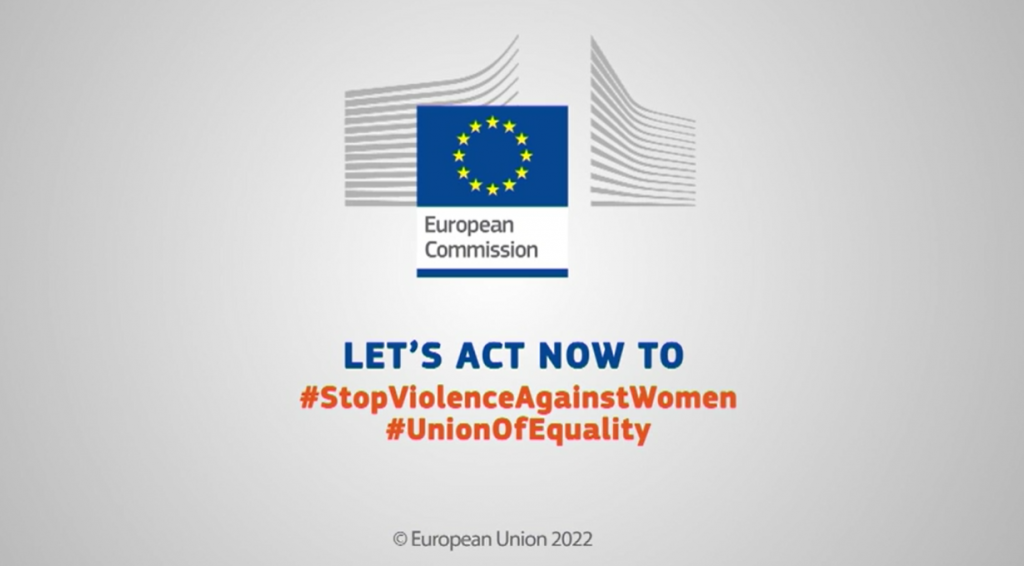Ending gender-based violence in the EU

To alleviate the impacts of COVID-19 policies, many initiatives have been developed by civil society organisations – NGOs, local governments, or citizens. A team of national researchers from the RESISTIRÉ project has collected and highlighted a set of particularly relevant initiatives in 27 European countries and in Iceland, Serbia, the United Kingdom and Turkey. These Better Stories currently cover eight specific domains: gender-based violence, the labour market, the economy, gender-pay and pension gaps, gender care gaps, decision-making and politics, environmental justice, human and fundamental rights.
Given the increased prevalence of gender-based violence and digital gender-based violence during the pandemic, the European Commission is proposing a new directive on combating violence against women and domestic violence, which will now be reviewed by the European Parliament.
A directive to prevent and combat violence against women
The proposal will cover the areas of prevention, protection, access to justice, support, coordination and cooperation between authorities. The proposal includes protection against certain forms of cyber violence and recognises the gendered nature of digital violence: “It is necessary to provide for harmonised definitions of offences and penalties regarding certain forms of cyber violence. Cyber violence particularly targets and impacts women politicians, journalists, and human rights defenders. It can have the effect of silencing women and hindering their societal participation on an equal footing with men. Cyber violence also disproportionately affects women and girls in educational settings, such as schools and universities, with detrimental consequences to their further education and to their mental health, which may, in extreme cases, lead to suicide.”
A specific focus on cyber violence
It further asks to make the spreading of images without consent a criminal offense, and mentions the threat of ‘deepfakes’. It also calls on minimum rules on cyber stalking (e.g. retrieving location data, hacking home equipment, …), cyber harassment (such as online mob attacks) cyber incitement of hate.
Image by the European Union
